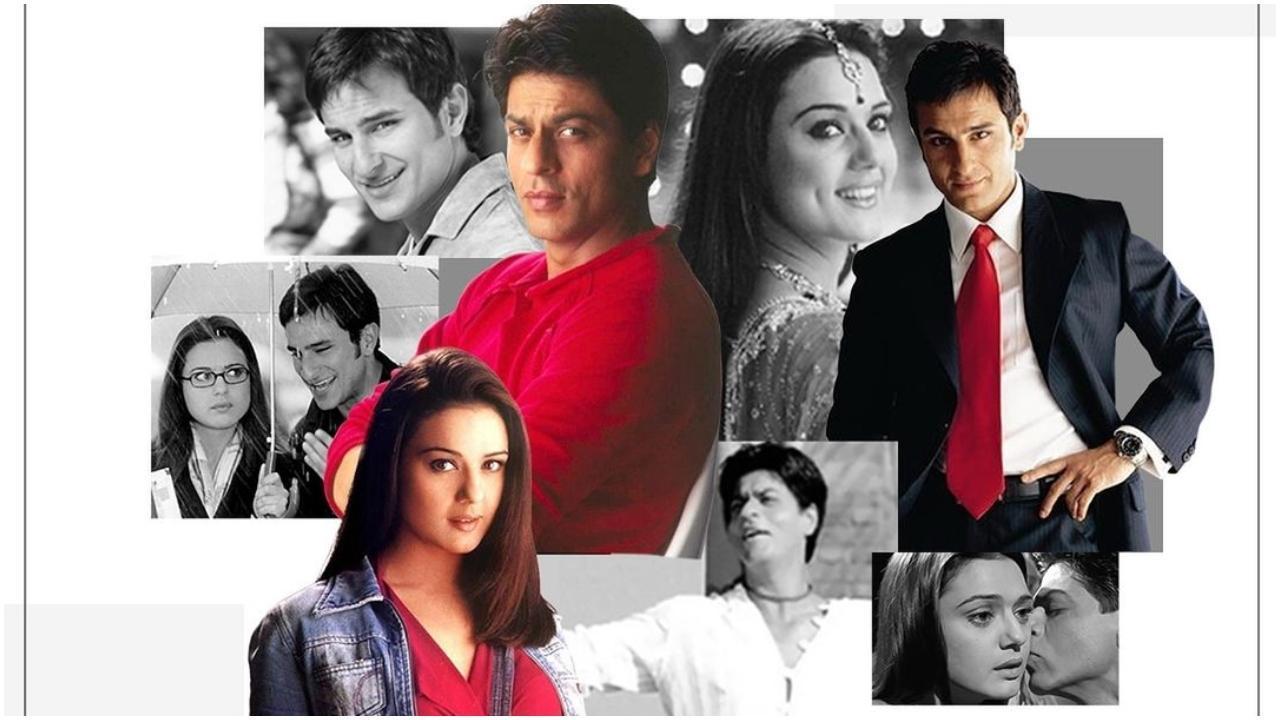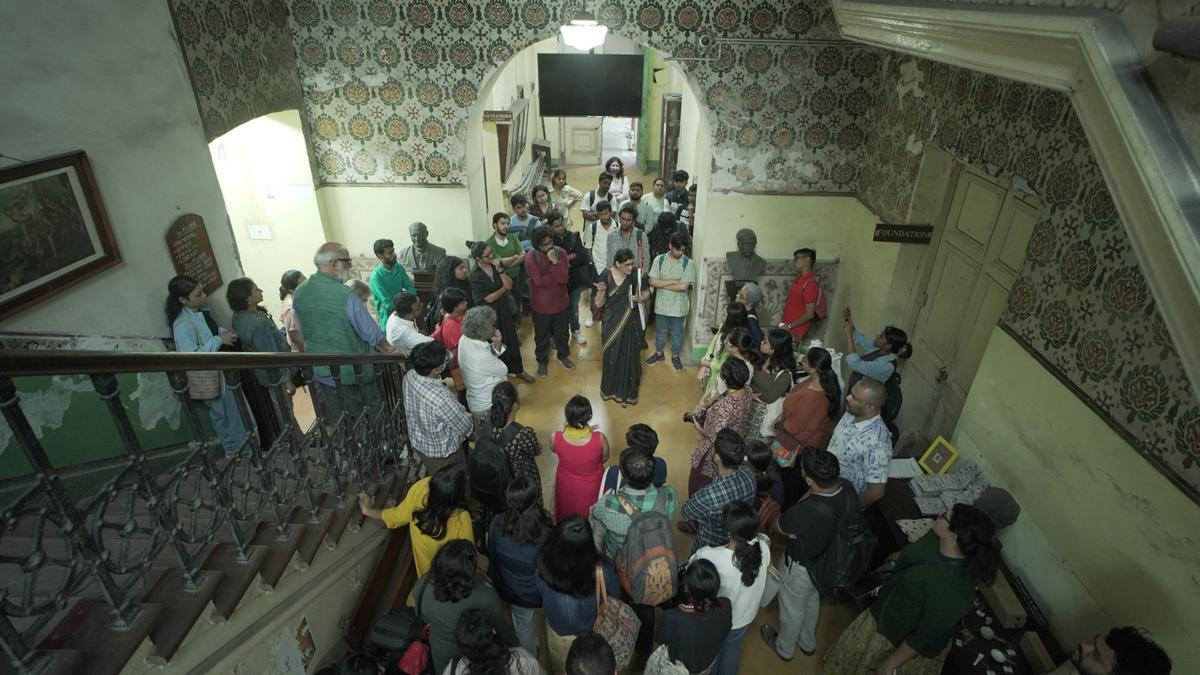
In a significant move towards inclusivity, the Delhi High Court has recently mandated the Central government to notify regulations aimed at ensuring films are accessible to people with hearing and visual impairments. The directive allows until July 15, 2024, for the official guidelines to be published.
Grounded in the notion that accessibility is an enforceable legal right, the court underscored the responsibility of not only public but also private entities to adopt reasonable measures to enhance accessibility for individuals with hearing and visual disabilities. This development is a result of persistent advocacy for a more inclusive approach to entertainment and media.
Acknowledging the efforts undertaken thus far, the court recognized that the Ministry of Information and Broadcasting (MIB) has already made considerable headway by drafting guidelines to improve accessibility within cinema halls for the hearing and visually impaired. The court’s judgment commands the MIB to expedite the finalization of these policies and confirm their implementation no later than the prescribed deadline.
“The guidelines shall now be finalized by the MIB and shall be notified on or before July 15, 2024. It is made clear that the said guidelines shall make the provision of accessibility features mandatory and provide a reasonable period for compliance by all stakeholders, in an expeditious manner,” the court decreed.
This directive originated from a collective petition filed by four individuals with visual and hearing impairments, who sought to have films tailored to their needs. Counsel representing the petitioners emphasized that while the Rights of Persons with Disabilities (RPWD) Act has been in effect for over five years, recognizing various rights for individuals with disabilities, the film industry largely remains inaccessible to them.
To emphasize their point, the petitioners indicated that in spite of the RPWD Act, a significant number of films released in India are not equipped with accessibility provisions for disabled viewers. This oversight stands in contrast to the spirit of an inclusive society that the Act strives to foster.
The Ministry of Information and Broadcasting had previously taken action in October 2019, instructing film producers’ associations and the Central Board of Film Certification (CBFC) to incorporate audio descriptions, subtitles, and closed captioning in all films. These efforts represent initial steps towards dismantling barriers faced by the disabled community when accessing films, a key form of cultural expression and entertainment.
The High Court’s judgment is particularly timely as advances in technology have made various forms of content more readily available to the wider community. However, such access should not be selective or discriminatory. The enforcement of these guidelines will assure that films—an important vehicle for storytelling, culture, and social commentary—are made available to the hearing and visually impaired, thus upholding their rights to participate in cultural life.
The move is reflective of a broader recognition of the rights of persons with disabilities and aligns with international frameworks like the United Nations Convention on the Rights of Persons with Disabilities, which advocates for inclusive access to cultural materials.
In conclusion, the Delhi High Court’s decisive order is set to catalyze a change in the Indian film industry, encouraging producers, distributors, and exhibitors to facilitate an environment where entertainment is made available to everyone, regardless of physical ability. By July 2024, the nation anticipates the official implementation of these guidelines, signaling a more inclusive era in the Indian cinematic experience for the hearing and visually impaired community.










